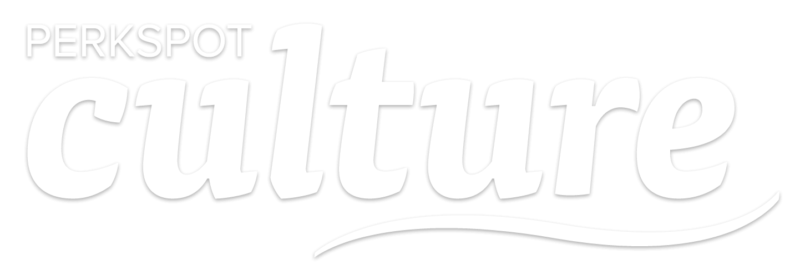Leadership Beyond the Office
When you think about leaders who inspire you, chances are you aren’t thinking about their job title or their corner office. You think about the inspiring words they spoke when you needed to hear it, the efforts they took to make a change, and the lives they impacted.

I recently spoke with the Director of Human Resources for a start-up located here in Chicago. She shared insights into what makes their office culture truly unique and hands-down it was the leadership. In fact, part of their on-boarding process for new employees includes a goal-setting session with the CEO. While this might not seem out of the ordinary, the goals are not strictly professional. With a strong financial background, the CEO helps each employee set savings goals such as taking a vacation with their family or paying off student loans. With a high percentage of part-time employees, many do not have the ability to hire a financial planner and chances are, have never received financial advice from an expert. By understanding their needs and using her skills, their CEO helps employees achieve things they never thought possible.
From the human resources department to the CEO to the marketing managers, every leader in an organization is tasked with an overwhelming responsibility to make a difference in their employees’ lives. So while not all of us can become financial advisors, there are plenty of ways we can lead well no matter your job title or area of expertise.
Learn.
Leadership and learning are indispensable to each other.
– John F. Kennedy
True leaders never stop learning. It’s easy to be mediocre, only absorbing information as we need it, but great leaders know that “knowledge is power”. With humble attitudes, they are proactive in seeking out advice and expertise. It can also be said that great leaders should push their employees to seek out knowledge as well. By offering a continuing education program or professional development courses, you and your employees can learn more, together. In fact, many companies offer a “Lunch and Learn” each month where employees get together to learn something new over a meal. They bring experts on everything from financial advice to html coding to business skills. Leading means learning, and pushing others to do the same.
Listen.
When people talk, listen completely.
– Ernest Hemingway
One of the most obvious ways we can lead people well is by listening well. It’s easy to assume as leaders that we know best, but every person has a unique story and perspective. By taking time to first understand and get to know their personalities, their struggles and their strengths, we can push them to be the best version of themselves. Leadership expert, David Marquet, describes listening as using “not only your ears, but your eyes and heart as well.”
Lead the Change.
A genuine leader is not a searcher for consensus but a molder of consensus.
– Martin Luther King Jr.
We have unlimited vacation days at PerkSpot. I know what you’re thinking, “But do people actually use them?”. The answer is yes and the reason is our leadership. While many offices claim to have great employee perks, what makes the difference at our company is that our executive team lives out these values. We take vacation days because the leaders do, we participate in charity because our leaders volunteer, and we congratulate each other on successes because our leaders model this behavior. It’s nothing new and nothing crazy, but having leaders pave the way makes all the difference.
Let Go.
The greatest leader is not necessarily the one who does the greatest things. He is the one that gets the people to do the greatest things.
– Ronald Reagan
Great leaders are the ones who are okay with relinquishing control. While many feel that giving up control is a sign of weakness, it actually is a great testament to the strength of your leadership. “Control is about power – not leadership. Surrender allows a leader to get out of their own way and focus on adding value to those whom they serve.” Again, humility is key to being a successful leader. By focusing more on who your employees can be and what they can accomplish and less on making a name for yourself, your team will grow to respect you and your authority.
Want more insights like these? Fill out the form to the right to subscribe!







